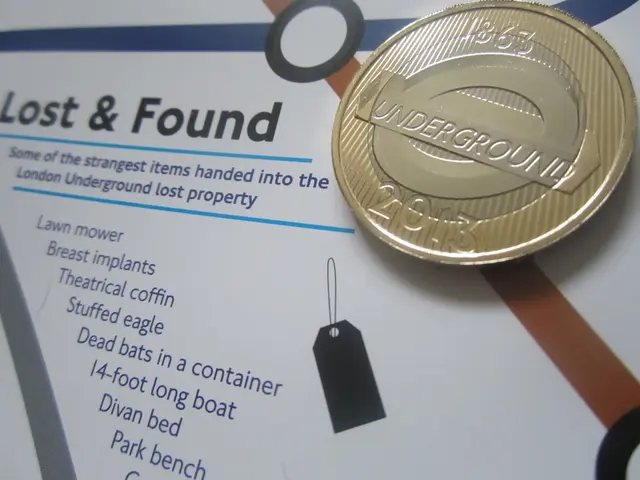Financial Advisor's Perspective on the Choice Dilemma: Its Impact on Wealth Management
In the ever-tough financial services game, investors often get bombarded with an overload of enticing new investment products. But according to Adriaan Pask, the Chief Investment Officer of PSG Wealth, the abundance of options can many times make investment decisions harder and potentially risky.
In this podcast, Pask sheds light on why the role of a wealth manager becomes imperative – helping clients to filter the noise and figure out whether these new investments are genuinely worth adding to their portfolios in the long run.
He insistently emphasizes the significance of maintaining a sharp focus on financial objectives while considering new products. He also outlines critical aspects investors should keep an eye on while collaborating with their wealth managers to ensure their financial plans stay on track and cater to their specific requirements.
This definitely calls for some strategic moves and understanding on both the investor's and wealth manager's ends. To stay ahead of the curve, watch out for these key factors:
- Customized Portfolio: Instead of adhering to generic model portfolios, investors should seek out frameworks that scrutinize portfolio alignment with personal goals and risk tolerance. For example, the MSCI Similarity Score helps compare a client's holdings with a model portfolio based on factors such as industry, geography, and investment strategies, ensuring a tailored approach to risk and return.
- Effective Risk Management: As market conditions change, assessing risk tolerance and designing portfolios that correspond to the client's risk capacity is crucial. Continuous reviews ensure the portfolio's risk profile is consistent with client objectives.
- Periodic Portfolio Check-ups: Portfolios are prone to drift due to fluctuating asset performances. Regular evaluations of market trends, asset allocation, and individual investment performance can pinpoint and rectify drift, keeping risk and return targets on target. Frequent rebalancing, when needed, helps control risk and boost long-term returns.
- Broad Financial Planning Integration: A holistic approach is essential to ensure the alignment of short- and long-term objectives. Including estate planning, tax strategies, and retirement planning in the overall plan guarantees the portfolio supports a client's life ambitions in a comprehensive manner.
- Clear Documentation and Communication: Comprehensive documentation of investment decisions helps ensure continuity across changes in life and generations, especially among high-net-worth investors who frequently switch advisors. Open and transparent communication helps build trust and helps clients comprehend how their financial plan evolves over time.
- Forging Strong Relationships: In a highly competitive market, trust, transparency, and client-centric communication are essential in forging lasting relationships between wealth managers and their clients. Cross-disciplinary collaboration amongst wealth management teams can create cohesive strategies that cater to evolving client needs and market complexities.
- In the quest for effective wealth management, investors should prioritize working with wealth managers who offer customized portfolios, aligning investments with personal goals and risk tolerance, such as those that use the MSCI Similarity Score.
- To ensure that their financial plans remain on track, it's crucial for investors to forge strong relationships with their wealth managers,emphasizing open communication, documentation of investment decisions, and a holistic approach that considers estate planning, tax strategies, and retirement planning.








